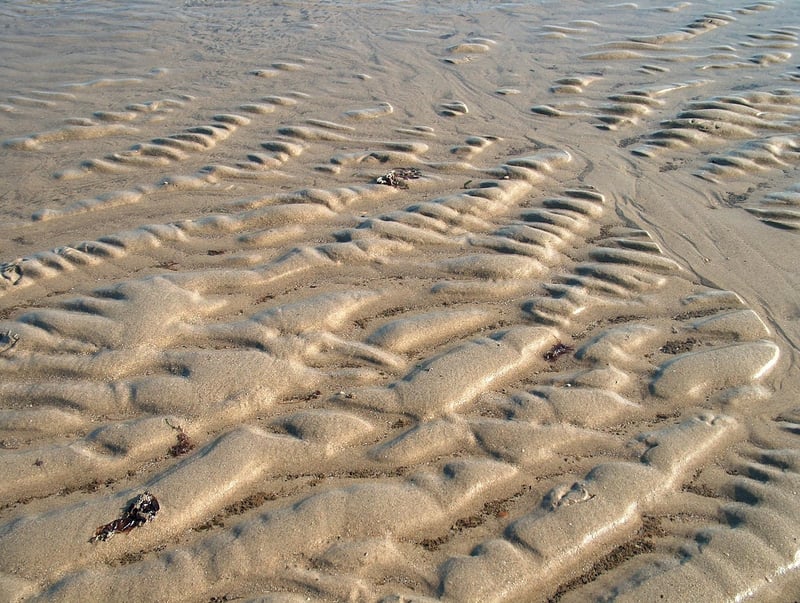Future Exploration
Exploring Time Periods and Future Exploration
Introduction
Time is a concept that has fascinated humans for centuries. From ancient civilizations to modern scientific explorations, understanding time and its various periods has been a crucial aspect of human curiosity. Let's delve into the different time periods and how future exploration might shape our understanding of time.
Ancient Time Periods
Ancient civilizations like the Egyptians, Greeks, and Romans had unique ways of measuring time. The Egyptians used sundials, water clocks, and obelisks to track the passage of time. The Greeks introduced the concept of hours and minutes, while the Romans developed the Julian calendar.

Medieval and Renaissance Time Periods
The medieval period saw the development of mechanical clocks in European monasteries, bringing more precise timekeeping. The Renaissance period further advanced time measurement with the invention of the pendulum clock by Galileo Galilei.

Modern Time Periods
The Industrial Revolution led to the standardization of time with the introduction of Greenwich Mean Time (GMT) and time zones. The 20th century witnessed the development of atomic clocks, which are incredibly precise and form the basis of Coordinated Universal Time (UTC).

Future Exploration of Time
As technology advances, future exploration of time might involve theories like time travel, parallel universes, and the nature of time itself. Scientists continue to push the boundaries of our understanding of temporal concepts, opening up new possibilities for exploration.
Conclusion
Exploring time periods from ancient civilizations to modern advancements has been a journey of discovery and innovation. As we look towards the future, the exploration of time promises to unravel even more mysteries and reshape our understanding of the universe.
References: History of Timekeeping Devices, Clock - Britannica
